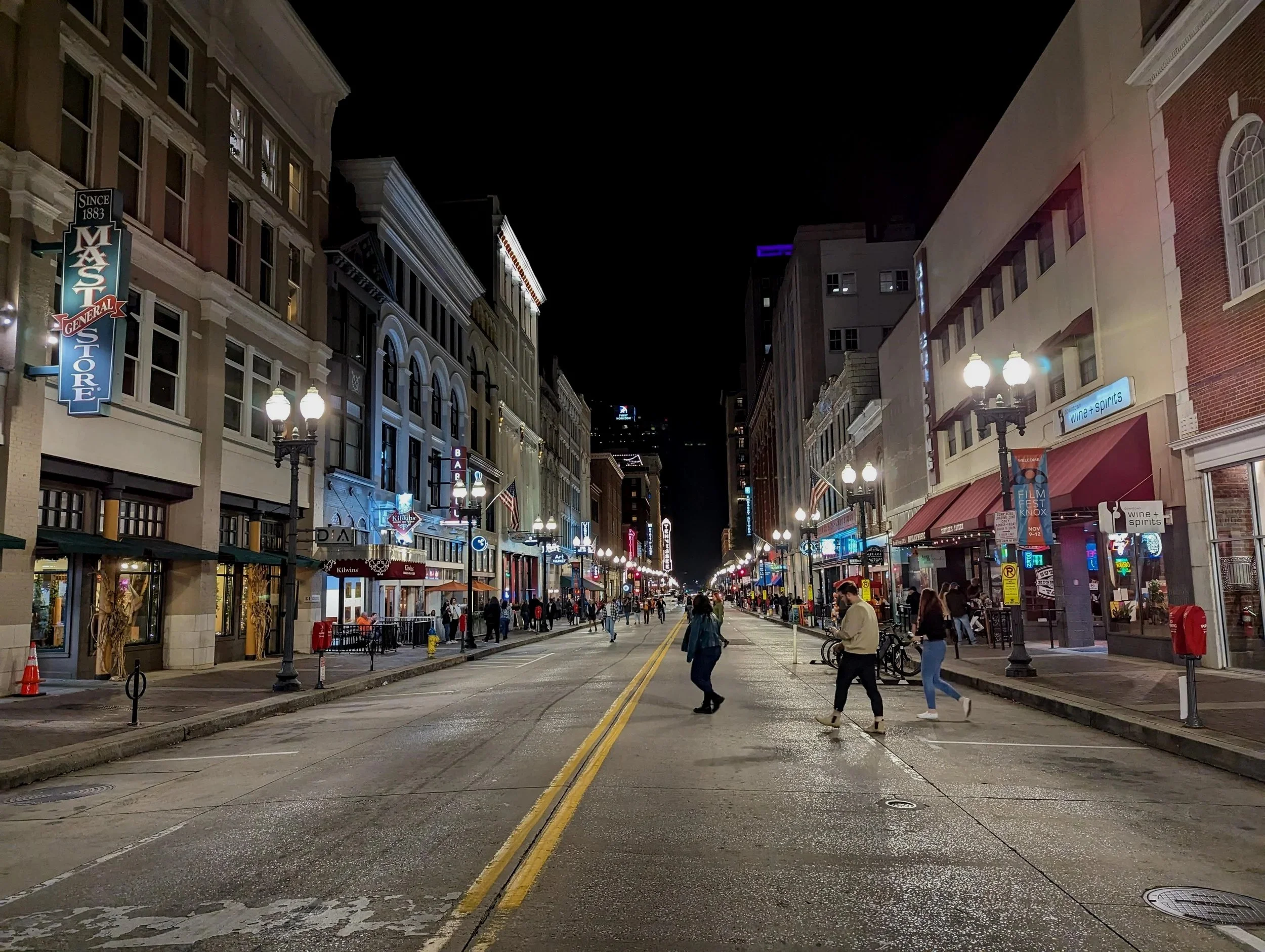
Mission
Joining God in the reconciliation of all things.
Therefore, if anyone is in Christ, the new creation has come: The old has gone, the new is here! All this is from God, who reconciled us to himself through Christ and gave us the ministry of reconciliation: that God was reconciling the world to himself in Christ, not counting people’s sins against them. And he has committed to us the message of reconciliation. We are therefore Christ’s ambassadors, as though God were making his appeal through us. (2 Corinthians 5:17-19)
God has in some way delegated this gospel message of reconciliation to us, his people. If we have received the message, we are now called to embody and distribute the message. So we could say that mission is joining God in the reconciliation of all things. Every follower of Jesus is a missionary. God reconciled us to him, and then, seemingly immediately gave us the ministry of reconciliation.
Every follower of Jesus is a missionary. If you have received the message of reconciliation yourself, you have now been given the ministry of reconciliation to relay to others. To be reconciled with God is to be given the ministry of reconciliation. If you follow Jesus, congratulations: you are now officially commissioned as a missionary.
So for us to be the type of church God created us to be, we must understand that we exist for the good of people who aren’t a part of our church yet. We are to be outward oriented as a church family. We have been given the ministry of reconciliation. Our job is to, day-by-day, say to others in our city and our world, with our lives and with our words: be reconciled to God.
Evangelism
When we’ve lived in a missional way, the message of the gospel “clicks” for people. The goal is that by the time we share the good news of Jesus with someone in our lives, they’ve seen the impact of that good news on our individual and communal lives. When they hear the gospel spoken and they should think, “Oh–that makes a lot of sense based on how you live.”
Here at City Church, we want to be a group of people who demonstrate and speak the gospel. People who speak the gospel, but also have our lives reflect its reality. People who demonstrate the gospel, but also speak it with boldness to others.
We ask all of our members to also be involved in evangelism. Not standing on a street corner with a bullhorn, and not preaching at anybody who will listen. But rather seeing all of our lives as opportunity to build relationships with people, give them a front-row seat to the gospel’s impact on our lives, and eventually having normal, relational conversations with them about why our lives look the way they do. Here’s how 1 Peter 3:15 puts it:
But in your hearts revere Christ as Lord. Always be prepared to give an answer to everyone who asks you to give the reason for the hope that you have. But do this with gentleness and respect…
That’s the goal for followers of Jesus. Is that our lives would reflect, in a number of ways, that Jesus is Lord and that, over time, people observe are intrigued by it, and ultimately are led to ask for a “reason for the hope” that is in us. Or maybe they’re not inclined to ask, but we’re inclined to tell them. And that’s an incredible opportunity to share the good news of Jesus with them. That’s not always easy, and it’s not always comfortable–but it is always worth it. That’s what it means for us to be “on mission.”
Justice
One piece of how we live on mission as followers of Jesus is what the Bible calls doing justice as defined in Micah 6:8:
He has told you, O man, what is good; and what does the Lord require of you
but to do justice, and to love kindness, and to walk humbly with your God?
The word justice (or mishpat, in Hebrew) means to “treat people equitably.” It has its origins in the Old Testament law where the emphasis is on treating people the same, regardless of their ethnicity, income level, social status, gender, or any other factor. But it also means to “give someone their due.” To see to it that someone’s rights are protected, honored, and respected. So to “do justice” means that someone is treated fairly and equitably.
All of this is why, when the Scriptures talk about doing justice, four different groups of people get mentioned time and time again: the widow, the poor, the orphan, and the foreigner. Theologians have often called these four groups “the quartet of the vulnerable.”
Because of that emphasis in the Scriptures, we’ve based a lot of our organizational partnerships as a church on what we consider to be modern equivalents of those groups of people.
Justice Partners
Our church partners with many organizations to help create and maintain justice and equity in our city. We support these organizations through some combination of financial, material, and people resources on a regular basis. We encourage you to find out more about each organization by clicking on their logo.
To restore lives of our homeless neighbors through Christ-centered support
Connecting local internationals with resources to support integration into their new hometown
Seeking to build relationships and serve vulnerable and exploited women in East Knoxville





